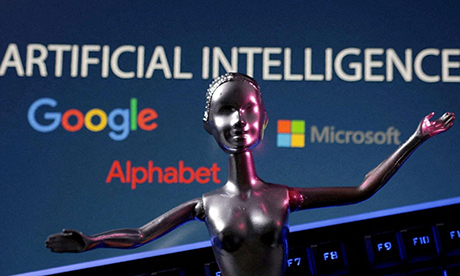During a recent scientific conference, Cardinal José Tolentino de Mendonça, Prefect of the Dicastery for Culture and Education, highlighted Catholic universities’ crucial role in embracing Artificial Intelligence (AI).
In his address, Cardinal de Mendonça underscored the importance of Catholic universities taking the lead in innovation and actively engaging with emerging trends.
The event, titled “Renewal and Awareness: Thinking about the Future of Catholic Universities,” was organised by the Strategic Alliance of Catholic Research Universities (SACRU) and hosted by the Catholic University of the Sacred Heart.
Cardinal de Mendonça emphasised the need for dialogue, addressing contemporary challenges and fostering continuous renewal through awareness. Drawing from relevant Church documents, he highlighted the fundamental role of these institutions in shaping the future.
Referring to Pope Francis’ insights on AI, Cardinal de Mendonça encouraged universities to embrace AI and digital technologies fearlessly while considering their ethical implications. He stressed the significance of prioritising individual well-being and upholding moral values as essential principles in this process.
Holistic approach needed
Regarding the anthropological implications of AI, the Cardinal stressed the need for a holistic approach that centres on the human person. He advocated for investing in the formation of individuals, nurturing their cognitive, creative, spiritual and ethical potential.
Cardinal de Mendonça also emphasised the importance of universities actively engaging with society and fostering encounters among diverse cultures. He identified creative intelligence and discernment rooted in solid values as essential qualities for navigating the AI landscape.
The Cardinal highlighted the responsibility of Catholic universities in implementing AI, referring to the concept of “algor-ethics” coined by Pope Francis. He called for social structures that ensure ethical considerations in the production and use of AI, emphasising the need for ethical guidelines and practices.
Concerns were raised about the rapid pace of technological advancement, emphasising the need for fairness, confidentiality and data verification. However, participants agreed that AI has the potential to contribute to sustainable societies and introduce new professions.
The outcomes of the event will be summarised in a public document that addresses the intersection of AI and the values upheld by Catholic universities.
